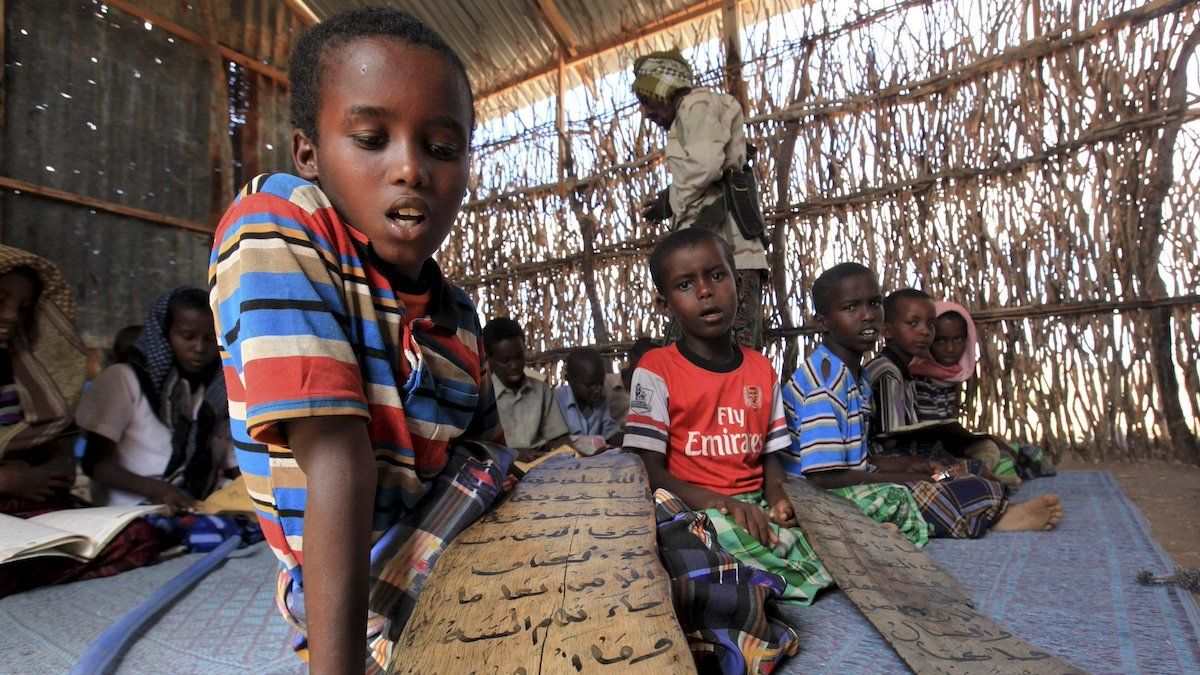IMF says economic picture is rosy, but how does it look from the bottom?
Inflation looks set to fall globally, and a global recession is unlikely in 2024, according to the IMF’s April update to the World Economic Outlook. That so-called “soft landing” is great news for those in New York or Paris, but what does the picture look like from the most vulnerable economies?
Money has been tight for developing countries in sub-Saharan Africa, in particular, with many over-indebted states are only just returning to capital markets after COVID-19’s economic knock-ons shut them out, and face dim medium-term growth prospects.
IMF Chief Economist Pierre-Olivier Gourinchas told the IMF/World Bank Spring Meetings in Washington, DC, that low-income countries should focus on structural reforms to make their economies and governments more efficient.
“This will help lower borrowing costs and reduce funding needs,” he said, adding that such countries should lean into their demographic advantages and “improve the human capital of their large, young populations, especially as the rest of the world is aging rapidly.”
That’s easier said than done, but the IMF can point to a massive success story: Somalia. In December last year, Mogadishu was able to discharge some 90% of its external debt after meeting the specifications of an IMF program called the Heavily Indebted Poor Countries Initiative. That achievement followed years of hard work by Mogadishu.
In 2012, decades of war had left Somalia’s federal government barely functional and without a proper budget. If salaries were paid, it was through unaccountable cash. But now, it has fully digitized payroll, invoice tracking systems, and cash management tools, all of which have helped Somalia massively increase social spending, from $8 per person per year a decade ago to $48 per person per year today.
Such success in a fragile country has raised hopes that the model can be exported. But Somali Finance Minister Bihi Iman Egeh cautions that his country’s program “was only successful because it reflected Somalia’s needs and priorities,” meaning other countries need to tailor the approach to suit their unique challenges.
Building broad consensus meant “the economic reform program was among the few common national priorities that was elevated above our lively national politics,” said Egeh. “It was a successful unifying national exercise.”
